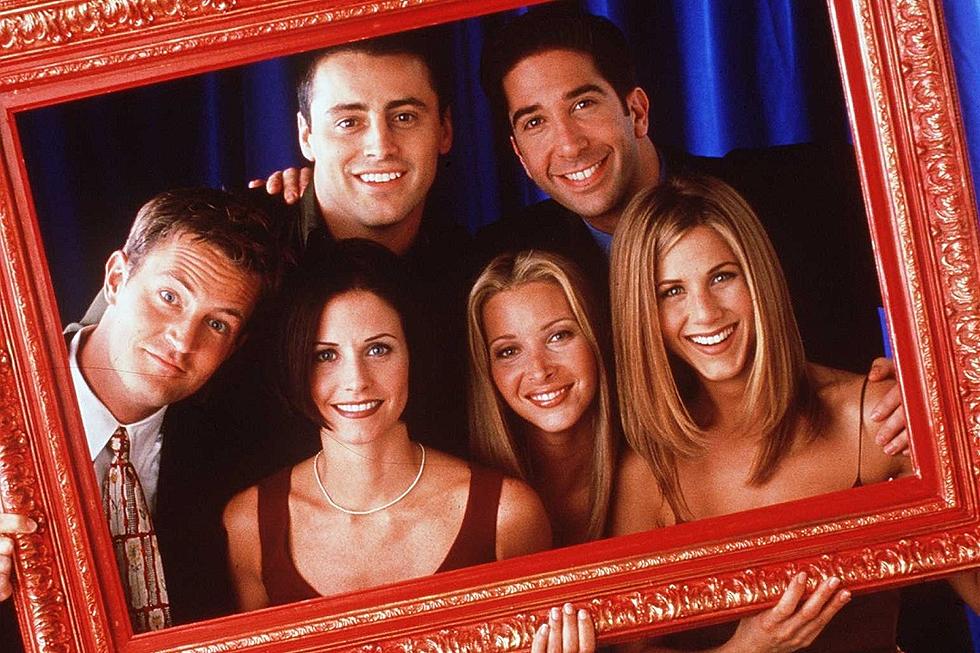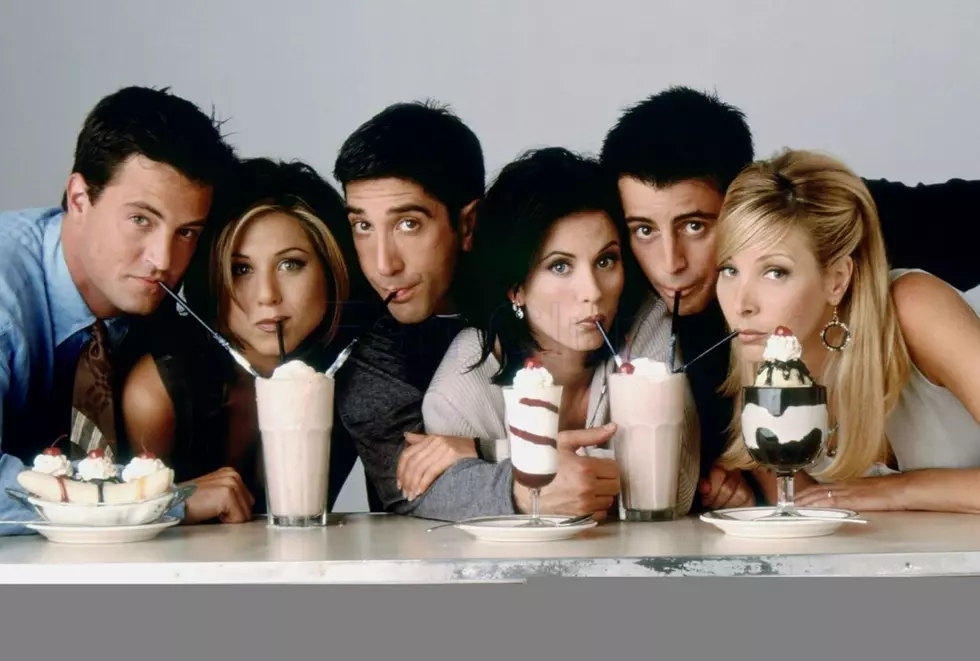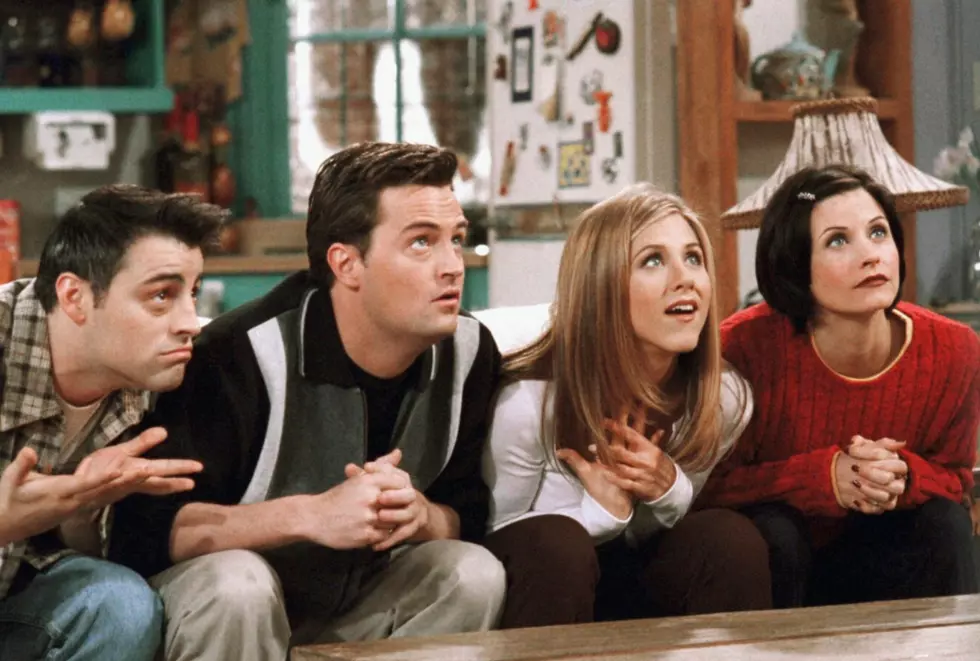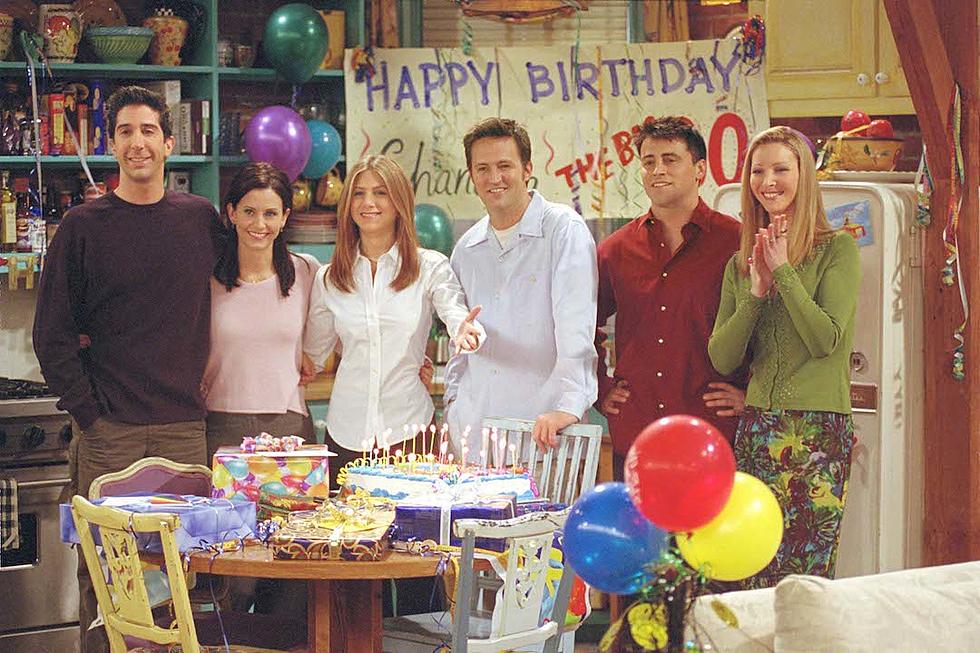
The Representation & Misrepresentation of OCD in Television
With characters like Sheldon Cooper and Monk, we've seen OCD in television for a while. But just how well do they represent and respect the condition?
First, just what is OCD? As defined by Psychiatry.org, Obsessive-Compulsive Disorder is:
An anxiety disorder in which time people have recurring, unwanted thoughts, ideas or sensations (obsessions) that make them feel driven to do something repetitively (compulsions). The repetitive behaviors, such as hand washing, checking on things or cleaning, can significantly interfere with a person’s daily activities and social interactions.
The average person may experience obsessive thoughts and repeated behaviors, but they are usually infrequent and do not disrupt daily life, and are therefore not considered OCD. For those with OCD, they are basically incapable of not thinking about their compulsions, and being prevented from following through with the resulting routine can cause them extreme distress.
What people fail to realize, or likely just don’t care about, is that while OCD affects a small portion of the population, it is one of the top ten most common mental illnesses, and is regularly classified as one of the leading disabling conditions, along with bipolar disorder and schizophrenia. OCD can ruin lives, plain and simple. Not just the lives of the people with the condition, but those around them bear the brunt of it. And misrepresenting that struggle for the sake of a laugh isn’t doing the people suffering from it, or the general public’s understanding of it, any good.
A regular misconception about OCD is that its about tidiness, and people who really want something in a particular order are exhibiting OCD symptoms. While ordering and arranging is definitely an example of a compulsion, OCD is not as simple as wanting your desk in a certain order. Usually, if someone says, “I’m so OCD about my _____”, odds are they’re not actually suffering from OCD, but possibly a personality disorder, OCPD, less severe than true OCD.
For people with OCD, they’re plagued with persistent and unwelcome thoughts that result in heightened anxiety, followed by the drive to perform a behavior or act to relieve the anxiety. The National Institute of Mental Health lists common obsessions as including:
- Fear of germs or contamination
- Unwanted forbidden or taboo thoughts involving sex, religion, or harm
- Aggressive thoughts towards other or self
- Having things symmetrical or in a perfect order
Entertainment websites have published lists of the best characters with OCD in movies and TV, but usually include characters who do not have OCD but are exhibiting traits commonly mistaken for it, resulting in the continued misunderstanding and misrepresentation of OCD. For example, the character of Monica from ‘Friends’ is often argued to have OCD, specifically for her cleaning compulsion. While Monica had been shown to feel a need to clean everything to an extreme level and is likely experiencing Obsessive Compulsive Personality Disorder, there have been only a few depictions of her possibly having true OCD. Monica reacted to Rachel cleaning the apartment by staying awake at night obsessing over the placement of shoes, as well as showing up at the apartment of a woman Ross went out with, offering to clean her apartment and admitting that she couldn’t relax knowing the apartment was in horrible shape. However, it's unlikely someone with OCD would obsess over the cleanliness of a place he/she doesn’t go to and has no direct connection to.
With shows like ‘Friends’ and ‘Big Bang Theory’, the problem is the compulsions are primarily played for laughs without seriously showing the effect not completing such a compulsion can have on someone. In ‘Big Bang Theory’, Sheldon is regularly shown being afraid of germs, the compulsion to knock multiple times, and other traits related OCD. But a handful of times we’ve seen Sheldon interrupted during his ritual of knocking, with his resulting actions played for comedic effect until the interrupter, usually a giggling Penny, allows him to finish the action. However, in reality, the failure of someone with OCD to complete their ritual, as well as that person attempting to fight that which they are well aware is illogical, can have very serious issues that are far from comedic. In the case of ‘Big Bang Theory’, we have a character experiencing a tremendous inner battle while one of his best friends stands by watching and being amused by it. However, Sheldon doesn’t fully fit into OCD since he’s exhibited little, if any, acknowledgement that his obsessions and rituals are illogical. In Sheldon’s mind, everything he does is perfectly acceptable and reasonable, making him more OCPD than OCD. Another way the show doesn’t treat the condition with respect is that Sheldon’s issues are treated as something that others find to be completely annoying, instead of providing Sheldon with the understanding and support he really needs, and even instigating an episode for their own amusement.
The series ‘Monk’ is known for being one of the better portrayals of OCD, but wasn’t without its own shortcomings. Many times, the character of Monk was depicted as phobic, rather than compulsive, showing a fear of touching things but not the repeated behaviors. Also, much like other comedies addressing the subject, Monk’s behaviors are mostly shown as charming quirks, rather than the debilitating and time-consuming rituals they most often are.
The show ‘Scrubs’ was also praised for its depiction of OCD, in a season 3 episode with guest star Michael J. Fox playing Dr. Kevin Casey. Though Dr. Casey’s compulsions of touching everything while saying “bink” is meant for laughs, the show take a serious turn to show the dark effect of the disorder when Dr. Casey is struggling with still washing his hands over two hours after finishing surgery.
Outside of the fictional reality of these shows, Howie Mandel has become a real world example of OCD. Originally known for his stage act where he’d put a rubber glove on his head and blow it up through his nose, no one knew that the bit was only possible due to the numerous rubber gloves Mandel kept on him so he wouldn’t have to touch certain things. While it was known that Mandel preferred fist bumping over handshaking, It wasn’t until he let it slip during an appearance on the Howard Stern show that people found out the extent of his OCD. But even after that, his condition was still the butt of jokes by others while he served as Kelly Ripa’s co-host, purposely making Howie uncomfortable just to see how he’d react.
“So what’s the problem if a TV show doesn’t give an accurate depiction of OCD? It's just entertainment.” True, it's entertainment, but it's also perpetuating myths and misconceptions about OCD, and doing so in a way that is consumed by more people than the actual facts of the disorder. Regardless of the fact that the show is a work of fiction, it is still influencing the way people perceive the condition, and if the show is making light of it or playing it off as just being a “neat freak”, that viewer is less likely to understand it or take it seriously in life.
Recently, pictures of a business vehicle using OCD as a tagline for their garage organization services were shared online to vastly differing responses. While many didn’t see a problem with it and found it funny, commenters who have OCD, or have loved ones with the condition, were slammed for either pointing out the incorrect correlation to OCD, or saying its in bad taste. A few years ago, a young girl went viral after posting a picture of a Christmas sweater at Target that used OCD as its theme. The young girl was berated and insulted by a multitude of internet trolls, saying she was just a millennial snowflake, a p*ssy, and just needed to get over it.
No one is saying that we can’t have a laugh at the condition. Just that the humor should not be at the expense of misrepresenting the condition, or not truly showing the depths of the condition. Yes, they’re just comedies, but its leading to a major misunderstanding of the condition, and mental health in general, which our society today does not take as seriously as it should.
More From 102.3 The Bull










